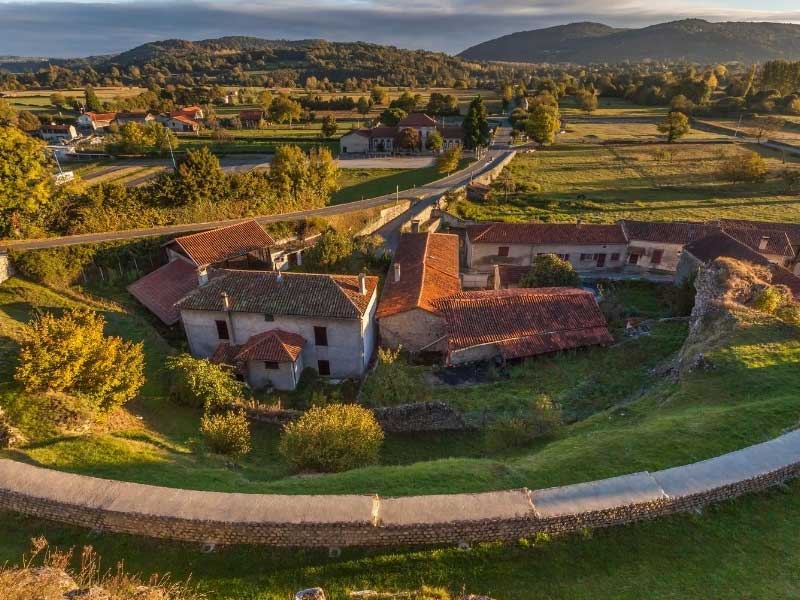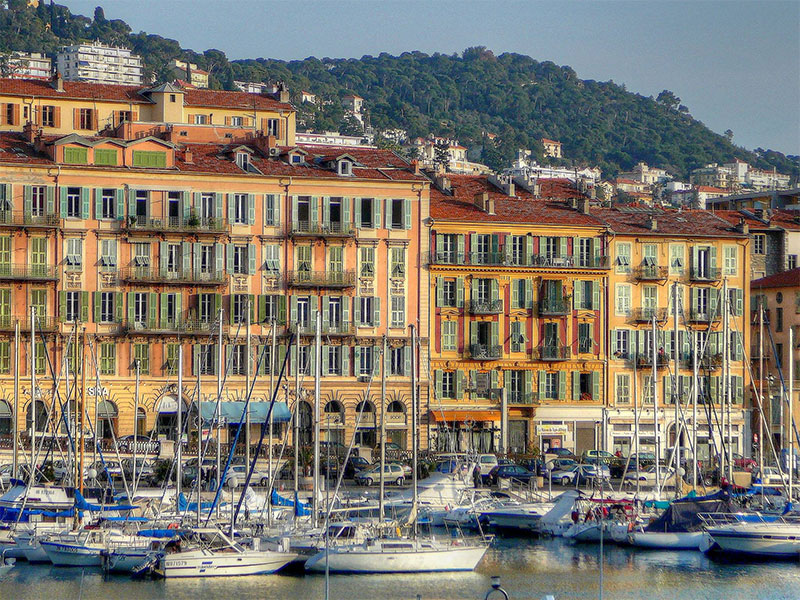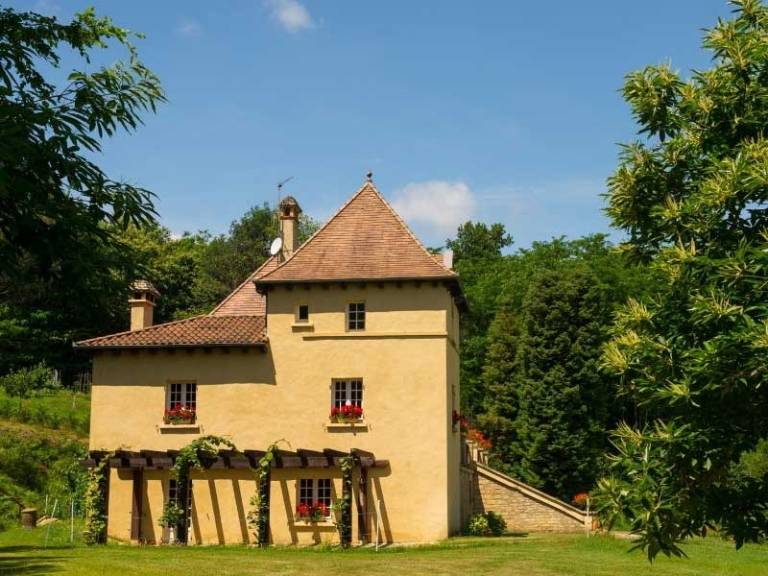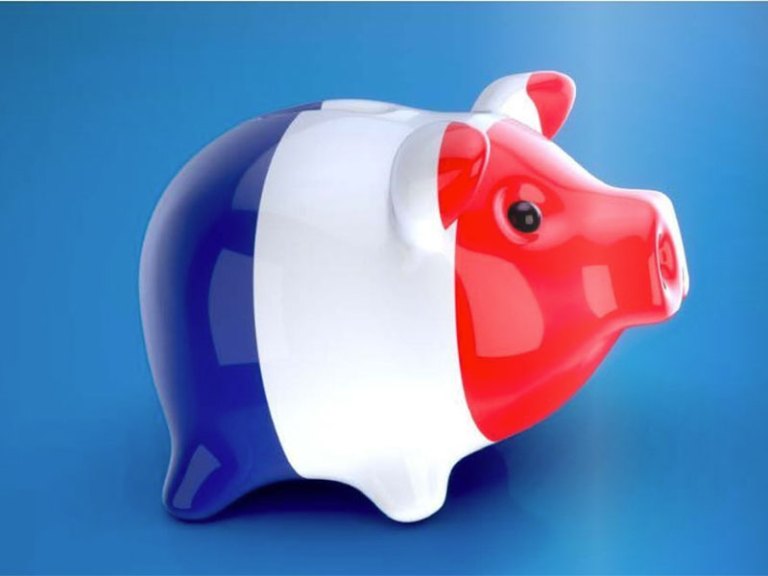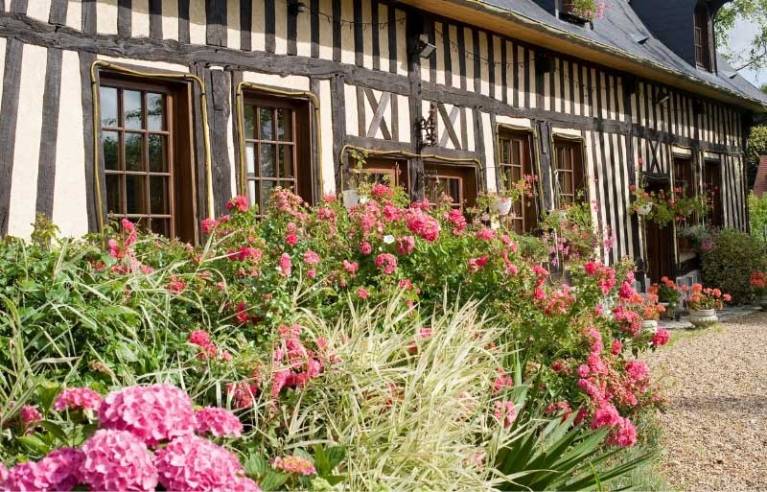Once you have found your dream French property, here’s how to make sure you secure it and get it before someone else does. Below you will find the basic steps you will need to follow for buying a property in France – from the offer to taking possession of the keys…
Get your documents and finances in order
Making an offer is just the first stage. Before contracts are authorised, a pre-contract needs to be signed and 10 days to have passed. This prevents the seller from accepting other offers. You will need to provide various documents to verify your identity including birth/wedding certificates, copy of passport (with at least six months validity before it expires), etc. At this stage it’s a good idea to appoint a currency exchange specialist who will work with you to ensure that the whole process goes smoothly and that funds are transferred in accordance with the terms of the contract.
Appointing a notaire
You will need to appoint a legal specialist – the “notaire” who will draw up the contracts. The seller and buyer may share the same notaire or appoint one separately. A notaire is the only entity who can register the transfer of ownership with the French land registry. They will check that all documents are genuine, and are obligated by law to provide the buyer with all information about the agreement. Their presence guarantees that the transaction is secure, the title of ownership is clear and collect related taxes on behalf of the state.
The fees a notaire collects will depend on the value, age, location and type of property. For existing properties, you will generally need to pay between 7% and 10% of the purchase price, 2% in conveyancing fees. New builds require registration taxes plus VAT at the rate of 20% on the purchase price (except for sales between private individuals).
Even though these costs are called “notaire’s fees”, the notaire only receives around 1% of the property sale price. The rest is for registration costs and tax. The buyer covers the notaires fees, if there is more than one notaire, they split the fee in half.
Sign the “Compromis de Vente”
The compromise de Ventes is the pre-contract which is signed by both the seller and the buyer to confirm the deal and start the property purchase process. While a date to sign the final contract will be agreed, you have 10 days before you are legally committed to purchasing the property.
Pay a deposit to the notaire
After signing the preliminary contract, you need to pay 10% of the sale price as a deposit to the notaire. At this point, it’s a good idea to open a French bank account. Again you’ll need to provide documentation which the bank will specify.
Sign the contract
It usually takes 2-3 months to complete all the paperwork after which you will need to go to the notary’s office to sign the deed of sale or the “Acte Authentique”. This concludes the legal handover of the property. The funds to pay the notaire’s fees need to have been transferred before the contract is signed. Your currency exchange specialist can work with you to ensure that the money is paid in good time and at the best rate to suit you.
Use a currency specialist
It can be much more economical to use a currency transfer specialist such as UPFX rather than a bank where you’re likely to pay fees. Not only will UPFX offer you competitive exchange rates, but they’ll make sure that your funds are protected from currency fluctuation. They’ll help you navigate the currency market too, taking into consideration your specific needs, goals and budget.
The last thing you want or need when you’re buying your dream home in France is to worry about currency transfers. What you do want is peace of mind when sending money overseas and to know that you’re getting the best rate and no hidden fees. Universal Partners FX are renowned for their excellent client service and you can talk to one of their foreign exchange experts without any obligation.
